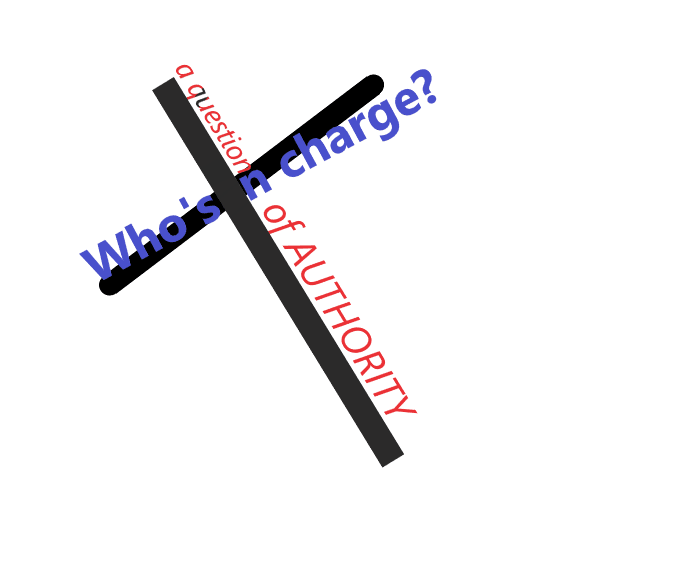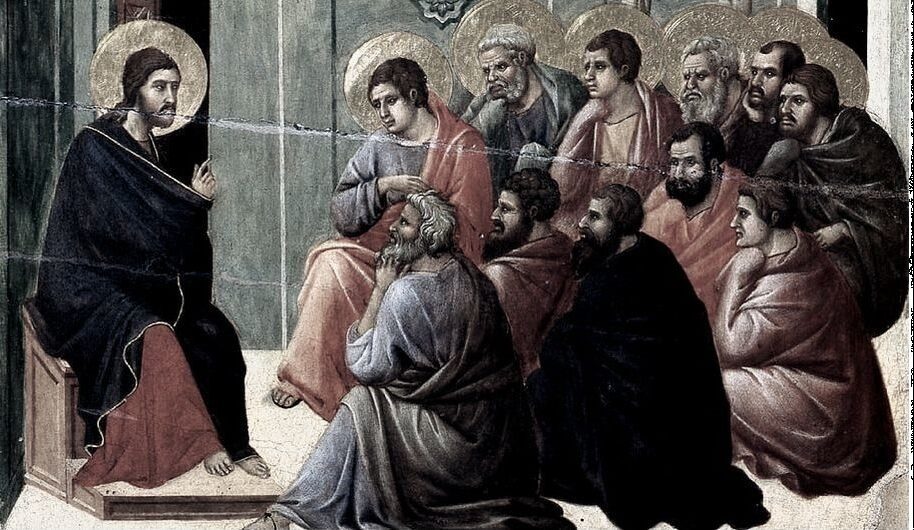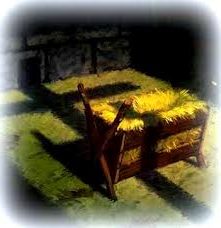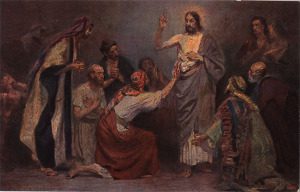“How long, O Lord, holy and true, will You refrain from judging and avenging our blood on those who live on the earth?”
Revelation 6:10b NASB – the cry of the martyrs from beneath the altar
Martyrs
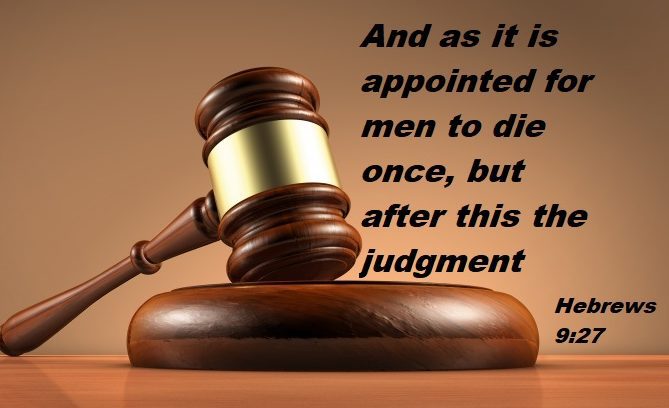
UNANSWERED Questions of those who died for their faith in Jesus Christ:
Where is JUSTICE for those who die by the hands of the evil?
Who will JUDGE those who kill the innocent and oppress the righteous?
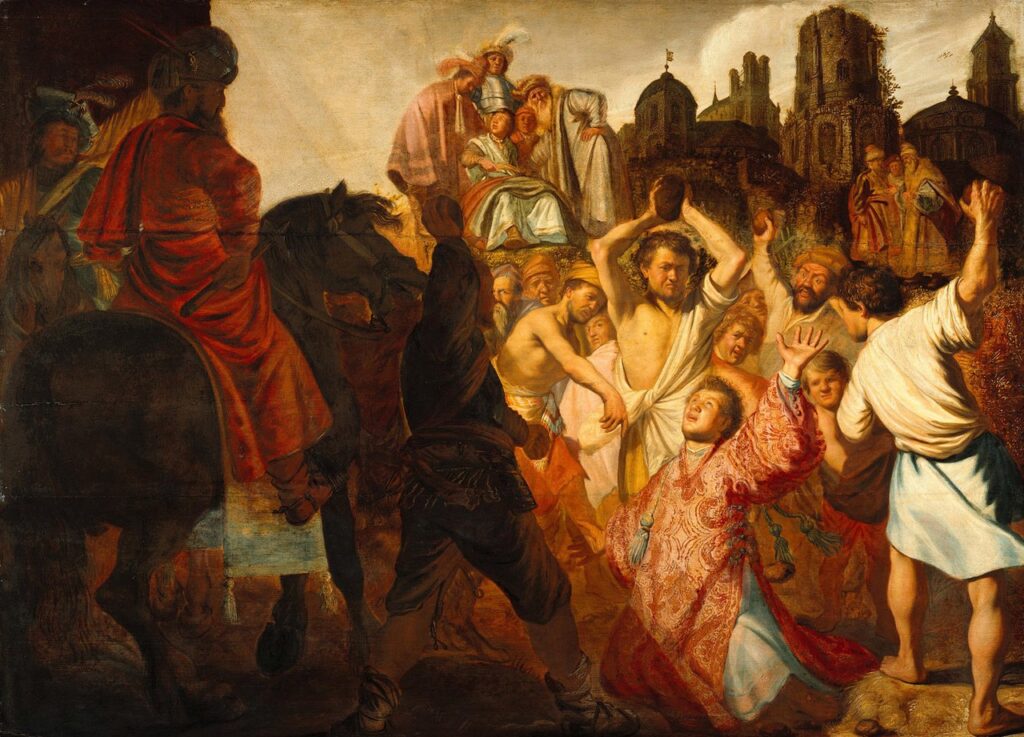
And all who were sitting in the Sanhedrin looked intently at him and saw that his face was like the face of an angel.
“Are these things true? ” the high priest asked.
“Brothers and fathers,” he replied, “listen: The God of glory appeared..
.. and Stephen proceeded to preach the Gospel until those who rejected the God of Glory and cut by Truth silenced him in rage, stoning Christ’s martyr by the weight of their own guilt.
Roger @ talk of Jesus {dot}.com on Acts 6:8-8:3 excerpt from CSB
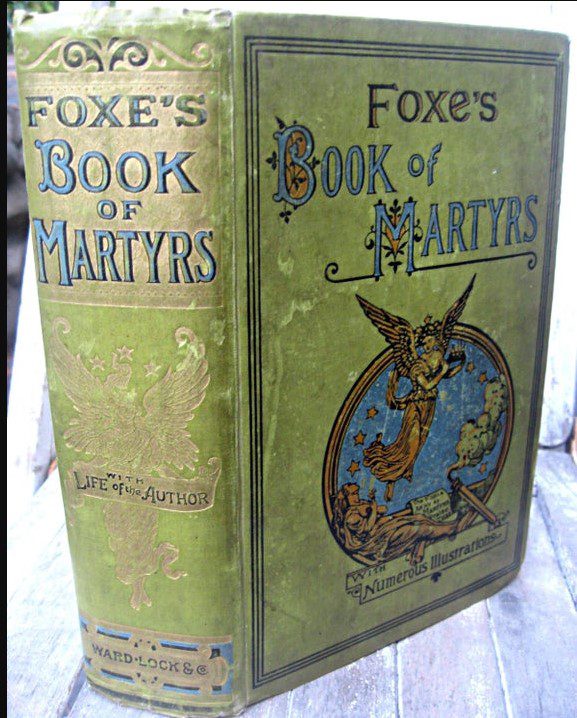
Stephen, the Apostles & many more martyrs among the saints
The Acts of the Apostles record the power of the preaching of the Gospel of Jesus Christ crucified and risen, but also the suffering by the saints of the church for witness of the Gospel to those who would believe.
Resource: https://www.ccel.org/f/foxe/martyrs/fox101.htm
Acts of the Apostles:
- 4:3-4 And they laid hands on them [Peter & John] and put them in prison.. and the number of the men came to be about five thousand.
“You men who are stiff-necked and uncircumcised in heart and ears are always resisting the Holy Spirit; you are doing just as your fathers did.. and you have now become betrayers and murderers of Him; you who received the Law as ordained by angels, and yet did not keep it.”
Acts 7:51-53 excerpt NASB – indictment of the Jews through the martyr Stephen
- 8:1b And on that day [of the stoning of Stephen] a great persecution began against the church in Jerusalem, and they were all scattered throughout the regions of Judea and Samaria, except for the apostles.
- DATE: ~A.D. 33-36
- 12:2b-3a [Herod Agrippa I] .. had James the brother of John executed with a sword. When he saw that it pleased the Jews, he proceeded to arrest Peter as well.
- DATE: A.D. 44
- 14:19b–20a .. they stoned Paul and dragged him out of the city, supposing him to be dead. But while the disciples stood around him, he got up and entered the city.
- After many additional attacks, Paul would be executed in Rome – DATE: ~ A.D. 64-68
- Simon Peter was also crucified in Rome during the persecutions of Nero – DATE: ~ A.D. 64-68 as were many other saints killed throughout the Empire both before and after the fall of Jerusalem.
When will justice be served to those who crucify Truth and destroy the lives of the faithful?
DATE ~A.D. 94–96 + John wrote the Revelation of Jesus Christ
The deaths of martyrs mentioned had already taken place when John writes Revelation. The opening of the seven seals gives the Church a glimpse of Justice at the End of these last days.
Jerusalem would fall in A.D. 70. The Sanhedrin would no more convict Christian or Jew.
Rome would divide and crumble by the third century and the Empire would fall in A.D. 476.
Even so, we realize now in A.D. 2021, the prophesy of the last days revealed by John is for a time nearer to US than that of the Apostles.
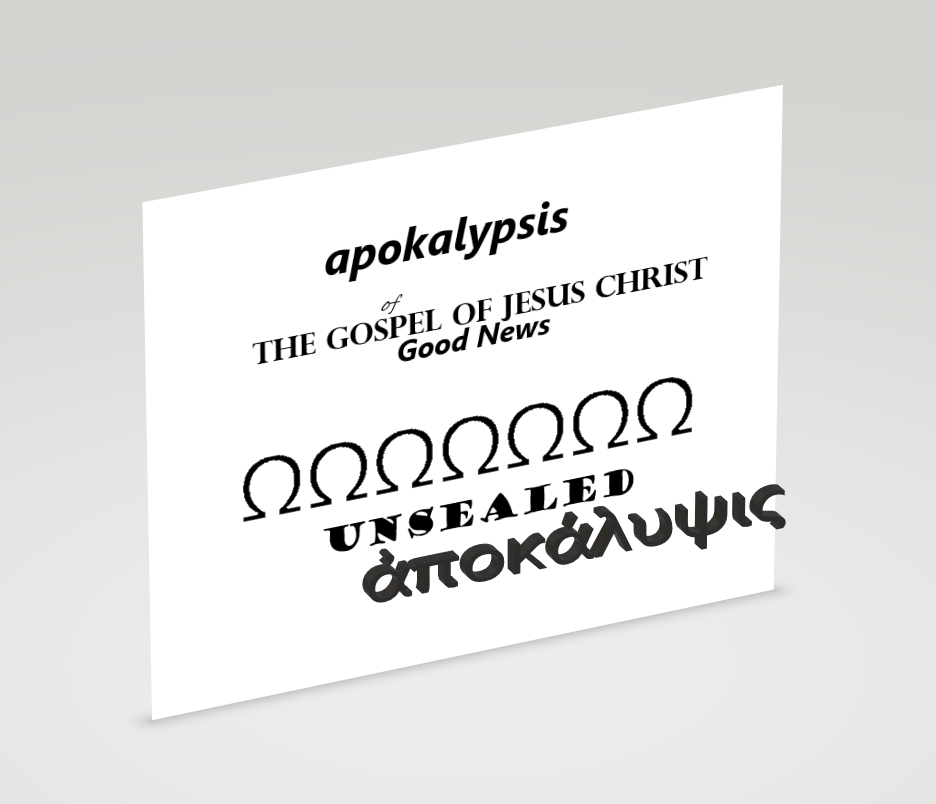
The Fifth Seal
the saints cry out!
Revelation 6:
9 When the Lamb broke the fifth seal, I saw underneath the altar the souls of those who had been killed because of the word of God, and because of the testimony which they had maintained..
It is the Altar of the Holy Throne Room of Heaven! The Lamb stands surrounded by seraphim and four living creatures, angels and elders of the heavenly court, hearing the prayers of the saints as these plead for justice.
They cried out with a loud voice,
“Lord, the one who is holy and true,
how long until you judge those who live on the earth and avenge our blood?”
Revelation 6:10 CSB
Oh Lord, δεσπότης – despotēs – as a bond servant addresses one’s Master, as one of the saints, bound to our Lord Christ as husband to the church.
Jesus Christ is HOLY AND TRUE! –
ἅγιος – hagios (an awful One) & ἀληθινός – alēthinos – Real in name and resemblance, but the real nature corresponding to the name.
“How long, O [Master], holy and true, will You refrain from judging and avenging our blood on those who live on the earth?”
- Do you not judge and avenge?
Rest yet a while longer
You servants of the Lord
take comfort in His answer to you;
for only He IS righteous in judgment
and vengeance belongs only
to the Lamb on the Throne.
And white robes were given unto every one of them; and it was said unto them, that they should rest yet for a little season, until their fellow servants also and their brethren, that should be killed as they were, should be fulfilled.
Revelation 6:11 KJV

